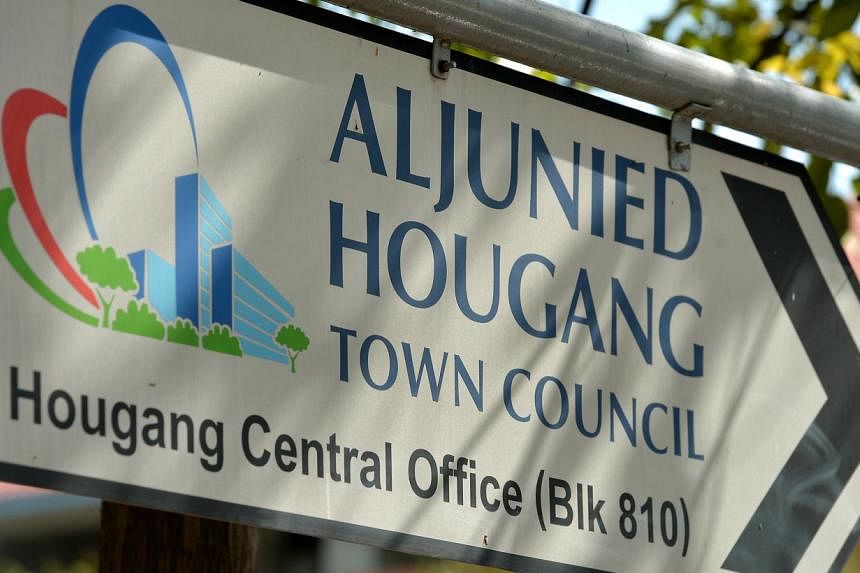Ritual suicide, political intrigue and a hint of corruption made yesterday's Parliament sitting one of the most exciting in months.
Ministers from the People's Action Party (PAP) faced off against the leaders of the opposition Workers' Party (WP), as the latter came under fire for mismanaging their town council accounts.
National Development Minister Khaw Boon Wan kicked off the four-hour parliamentary battle by underlining the seriousness of the accounting lapses by the Aljunied-Hougang-Punggol East Town Council (AHPETC), suggesting that "in the good old days", some Japanese executives might have committed harakiri (ritual suicide) over such lapses.
In response, WP chief Low Thia Khiang laid some blame for his party's financial errors on the "political" nature of town councils, saying it seemed no managing agent that served the PAP wanted to work with the WP after it won Aljunied GRC.
But it was Law and Foreign Minister K. Shanmugam who stole the show. Displaying a killer instinct honed over his years as a top litigator, he told the WP MPs to "stop playing the victim" and accused them of taking "money from the man in the street to give to their friends".
The packed House responded well to the showdown, with Cabinet ministers and WP supporters in the public gallery alike thumping their armrests to show support for their respective speakers.
Several MPs, including Prime Minister Lee Hsien Loong and Deputy Prime Minister Teo Chee Hean, were moved at times to interject from their seats, offering supporting points.
Drama aside, the debate threw up some serious questions.
While the WP put up a spirited showing, it failed to respond to the key issues of why it did not put on the record that its managing agent - FM Solutions and Services (FMSS) - was owned by some AHPETC senior managers, and why it paid the company unusually high managing agent fees.
Some lapses in the town council system as a whole also came into focus. One is the weakness of the Town Councils Act, which neither provides strict rules for town councils' financial accounting nor lays out clear penalties to deal with possible infractions.
Several times, Mr Shanmugam mentioned the "unlawful" nature of AHPETC's related-party transactions and breaches of trust over public money entrusted to town councillors. But it has yet to be made clear what laws have been broken and what legal recourse is available, and to whom.
Cognisant of the need for stronger town council legislation, the Government is already planning to allow more oversight and penalty powers over town council management, Mr Khaw said.
This is to protect public funds and safety, as town council revenues consist of residents' contributions and government grants, and are used for maintenance of common areas and facilities.
But if residents' interests are paramount, Mr Low countered, the Government should also fix another hole in town council laws - by putting in place measures to ensure the smooth transition of management in a constituency that changes political allegiance, such as guaranteeing the continuity of managing agent services.
Yesterday's debate revealed that while CPG Facilities Management, the managing agent of Aljunied Town Council under the PAP, had a contract lasting until 2013, it had asked to be released after the 2011 General Election, leaving the WP scrambling to find a replacement.
But Mr Shanmugam noted that the WP could have refused to terminate the contract, as CPG could not have unilaterally done so. He also disclosed that FMSS was formed just a week after the 2011 GE - before talks supposedly began to terminate CPG's services.
It is clear that the WP has to take responsibility for its failure to exercise proper care and diligence in handling AHPETC's related-party transactions with FMSS.
But it has been enlightening to see the parameters within which the first opposition party to win a GRC has had to operate, and the long-established rules that might need to be tweaked for clearer implementation and enforcement.
While the ruling party has no obligation to make things easy for the opposition, the key is to protect the public's interests. It is also in people's interests that the system is flexible and resilient enough to accommodate political changes.

